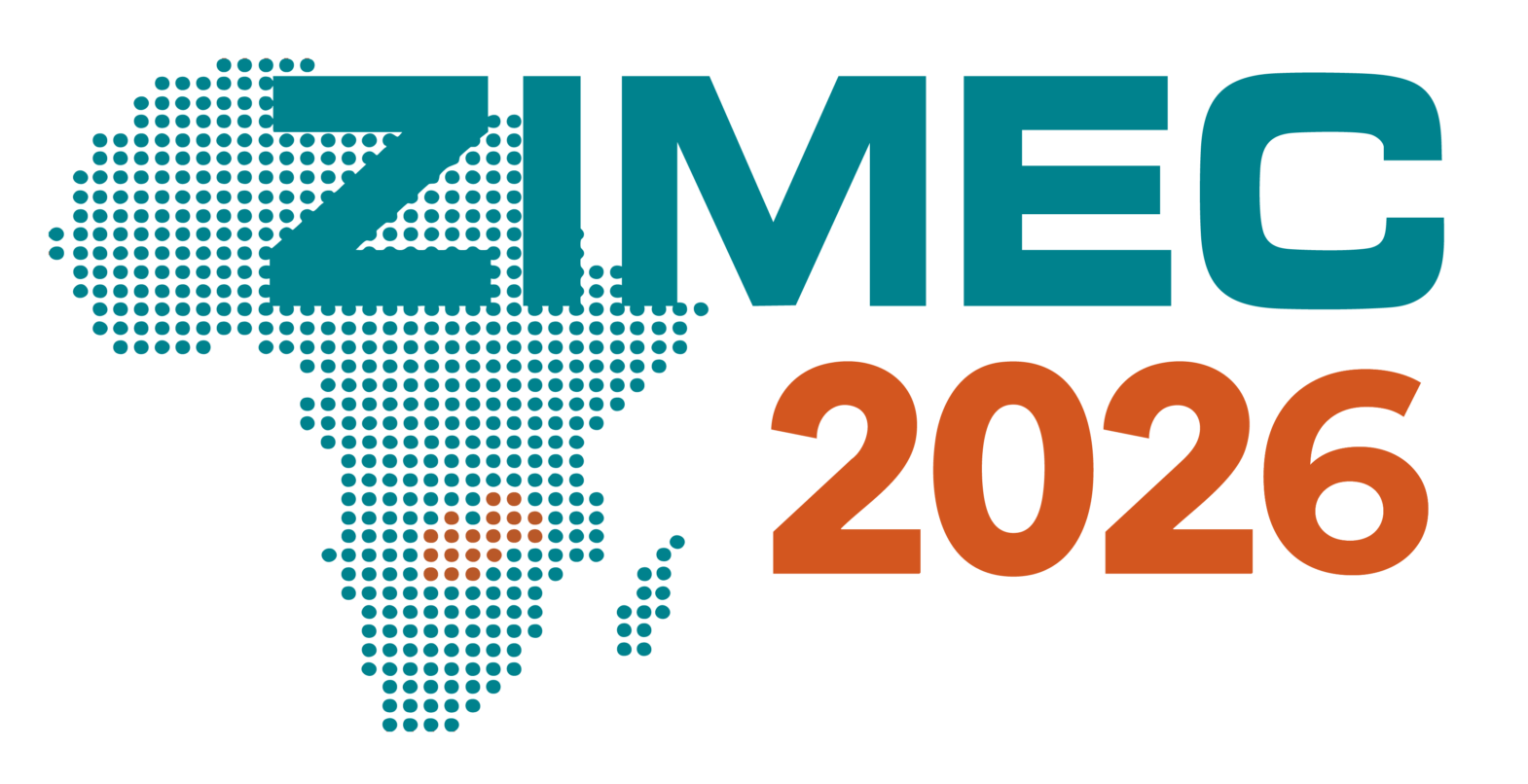OECD Speaker Interview
Deputy Director and Head of the China Unit
OECD Global Relations and Cooperation Directorate
As Deputy Director of the OECD Global Relations and Cooperation Directorate, Mr. Dahou supports the Director in implementing the OECD Global Relations Strategy. As such, he is responsible for enhancing the key partnerships with Brazil, China, India, Indonesia and South Africa, as well as supporting the development of OECD Regional Programmes with Eurasia, the Middle East and North Africa (MENA), Latin America and the Caribbean (LAC), Southeast Asia (SEA) and Southeast Europe (SEE). He is in charge with coordinating policy support by OECD expert communities to partner countries from all over the world. In his capacity as Deputy Director and Head of the China team, Mr Dahou also oversees, together with the Director and the Legal Department, accession discussions with countries that aspire to OECD membership, as well as OECD’s engagement with China across policy fields.
- As a member of the United Nations Secretary General’s Panel on Critical Energy Transition Minerals what would you say were the key panel outcomes?
- The UN Secretary General’s Panel on Critical Energy Transition Minerals brought together a huge range of representatives from governments, intergovernmental and international organizations, industry, and civil society.
- Its primary objective was to develop a set of global, common, and voluntary principles to guide the energy transition, building trust among stakeholders by addressing issues related to equity, transparency, investment, sustainability, and human rights.
- Process and outcomes
- The Panel benefitted from extensive meetings and exchanges between participants. This consultative process informed two meetings held over the summer of 2024.
- The culminated with the development of high-level principles to guide critical energy transition minerals accompanied by a number of actionable recommendations. Key elements include a commitment to global governance and coordination, ESG standards, supply chain transparency, recycling and the circular economy, and technology transfer.
- These are not exhaustive and do not reflect all relevant policy areas, but mark an important step towards ensuring that countries endowed with mineral resources benefit economically.
- Participants emphasized the need for stronger international cooperation to ensure sustainable and responsible extraction, processing, and trade of critical minerals.
- Next steps
- The question now is how to implement these objectives.
- At the OECD, we are working to support Actionable Recommendation 2, which focuses on traceability. The OECD has a long-standing commitment to advancing ESG principles, corporate accountability, and international standard-setting. For example, the OECD’s Guidelines for Multinational Enterprises and Due Diligence Guidance for Responsible Business Conduct, which provide frameworks for addressing risks related to human rights, labour, environment, and corruption in global supply chains.
- By leveraging its expertise in ESG reporting, circular economy approaches, and multi-stakeholder collaboration, the OECD can support the development of a global traceability, transparency, and accountability framework that aligns with both G7 and G20 priorities.
- This initiative will not only enhance due diligence and corporate accountability but also promote sustainable practices across critical mineral value chains, driving progress toward a more equitable and environmentally responsible future.
- We are in the early stages of working with partner organisations as well as national governments and would welcome the opportunity to discuss how to further these principles.
- The OECD is making a strong global push for responsible mineral supply chains. What current and planned OECD initiatives will you seek to highlight at ZIMEC 2025 for Zambia and the region?
- In a context of growing minerals demand and uncertainty, enhanced international collaboration is vital to ensure that mineral resources are used to support producing countries’ own transformation, while advancing global decarbonisation efforts.
- Given their growing interdependence, net-importing and mineral-rich producing countries need to work together to break the vicious cycle of resource depletion, inefficiency, carbon emissions, and environmental harm. Mineral-rich countries cannot be seen just as a source of raw materials, but as partners for shared prosperity.
- The OECD Initiative on Critical Minerals for Sustainable Growth and Development promotes resilient critical mineral supply chains while facilitating sustainable growth in producer countries.
- This builds on the OECD’s leading expertise and guidance in trade, responsible business conduct, tax policy, job creation for mining communities, natural resource-based growth, environmental protection, and development assistance for mining and extractives.
- Africa dialogue
- The OECD is hosting series of dialogues with partners in Africa, Asia, and Latin America, bringing together producer countries, regional organizations, the private sector, and OECD members to explore opportunities for collective action.
- The first dialogue will take place as part of the OECD Forum on Responsible Mineral Supply Chains on 5 May.
- It will be divided into a high-level panel focused on Africa followed by a closed-door session will enable candid exchanges among African critical mineral producers as well as dialogue with OECD Members and the OECD secretariat. The aim is to identify common priorities challenges that the OECD can work to address.
- This builds on collaboration with Great Lakes Region countries to develop OECD MNE guidance.
- Lobito corridor
- The OECD is undertaking a project on the Lobito Corridor involving Zambia, the DRC and Angola.
- This project seeks policy consensus on standards and best practices for sustainable growth in African producer countries, ensuring a level playing field and resilient critical mineral supply.
- It will assess trends and challenges along the Lobito corridor and Copperbelt to enhance regional coordination, processing, and value chain integration, identifying policy recommendations for sustainable development.
- Findings will inform capacity building and technical assistance, supporting policy implementation in areas like tax policy, contract negotiations, responsible business conduct, and investment.
- Shared benefits
It is important to ensure that producer countries access their fair share of the proceeds of economic activity within their borders.
- To this end the OECD is leading extensive work on illicit financial flows in mining activities aiming to redirect economic activities towards legal channels, thereby promoting local value addition and economic stability in the mining sector.
- The OECD is also supporting policymakers to develop robust and transparent mining fiscal regimes.
- The OECD has developed transfer pricing frameworks to minerals like bauxite and lithium.
- Tax Inspectors Without Borders deploys tax experts to provide hands-on assistance to tax administration officials, including in Zambia.
- Additionally, OECD guidance equips producer countries to negotiate contracts that support development.
- Investment
A crucial area for OECD work is derisking investments into critical mineral value chains in emerging and developing economies. However, mining projects can be unappealing to investors given long lead times to begin production let alone reach profitability.
Embracing a standards-based approach can help to create an enabling environment for investment requires enhanced governance and safeguards, to build investor confidence and risk appetite. It also helps to deter the illegal diversion of economic gains and ensure that the green transition supports sustainable, local and inclusive development in mineral-producing countries.
- OECD Responsible Business Conduct (RBC) standards like the Due Diligence Guidance for Responsible Mineral Supply Chains enable firms to source minerals from areas with higher risk profiles in a way that mitigates these risks and in support of a responsible, reliable, diversified and stable global supply of these minerals.
- Starting in 2025, the OECD is launching the African Virtual Investment Platform, which is a joint initiative with the African Union Commission.
Addressing these issues will not only serve to de-risk investments into many producer countries, but also help to ensure that producer countries can reap a greater share of the dividends of their natural resources, particularly by becoming greater value-added producers.



